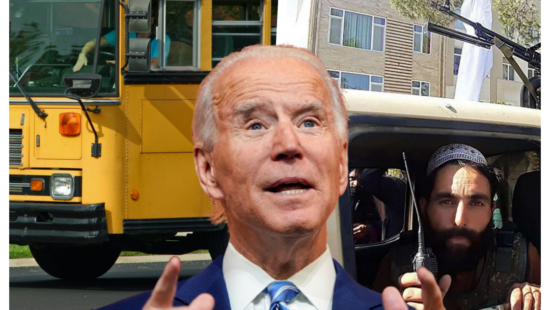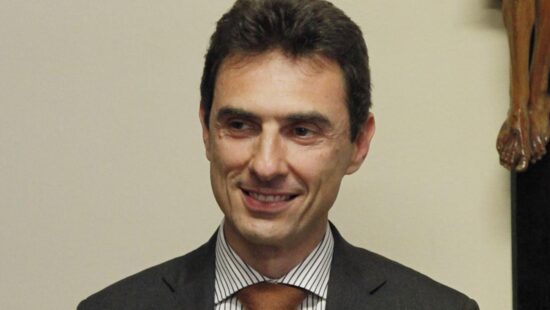Lorenzo Guerini torna in visita ufficiale negli Stati Uniti dopo la trasferta di gennaio 2020. Domani sarà il primo collega straniero a essere ricevuto da Lloyd Austin al Pentagono dopo la crisi afghana. In agenda gli scenari di comune interesse (Mediterraneo compreso), il futuro della Nato e la collaborazione industriale
Archivi
Smart working sì, smart working no. Il rebus di Brunetta visto da Becchetti
L’opportunità e l’efficacia dello smart working dipende dalla tipologia di lavoro. Quindi Brunetta che sta riportando i dipendenti della Pubblica amministrazione in ufficio ha ragione, ma non del tutto, scrive l’economista Leonardo Becchetti
Altro che Kabul, Biden teme gli scuolabus. Unger spiega cosa toglie il sonno al presidente
È la pandemia e il ritorno dei ragazzi nelle scuole a preoccupare il presidente. Sulla sconfitta del virus si gioca la scommessa della sua presidenza, dice David Unger, professore alla John Hopkins e già firma del New York Times. Trump? Non ha nulla da perdere, ma la ricandidatura è in salita
Il risiko bancario non finirà con Unicredit-Mps. Rumors e nomi da Milano
L’operazione tra l’istituto guidato da Andrea Orcel e Rocca Salimbeni procede spedita ma difficilmente si concluderà entro pochi giorni. E poi Unicredit vorrebbe lasciare un po’ di energie per tentare un’altra operazione sistemica, con Banco Bpm. Una prova dell’intenzione del governo di spingere al consolidamento? La possibile proroga delle Dta…
Libia. Il voto è ancora possibile?
Nubi sul voto in Libia. A quattro mesi dalla data che l’Onu ha fissato per le elezioni (presidenziali e parlamentari) ancora non c’è niente di sicuro
Cingolani sfida gli ambientalisti "radical chic" e apre al nucleare
“Il mondo è pieno di ambientalisti oltranzisti che sono peggio della catastrofe climatica verso la quale andiamo sparati”, dice il ministro della Transizione ecologica invitando a “guardare i numeri” e non chiudersi ideologicamente alle nuove tecnologie atomiche
La crociata di Xi colpisce gamers e celebrità. Nel nome del Partito
Tre ore alla settimana per i videogiochi dei minorenni. Sanzioni e ridimensionamento per Big Tech. Multe e cancellazioni per le celebrità e i fan. Ecco come Xi sta rimodellando la società cinese nel solco dei “valori socialisti” del Partito comunista cinese
Amministrative con vista Colle. Bazoli traccia la rotta del Pd
Il parlamentare dem a Formiche.net: “La frammentazione interna del Pd, condannata da Zingaretti nel suo appello, va invece valorizzata perché dimostra la vitalità dialettica del partito. Ha ragione D’Amato: chi non si vaccina mette in sofferenza il sistema sanitario nazionale”
L'unico punto di vista sull'Afghanistan sarà cinese (con un pizzino a Taiwan)
“Il fallimento degli Usa in Afghanistan serve da avvertimento ai secessionisti taiwanesi”, scrive il Global Times. Il messaggio che vuole trasmettere Pechino è chiaro: in caso di un conflitto armato a Taiwan, gli Usa non si schiereranno per salvarli
La formazione professionale conviene. Parola di Inapp
A tre anni dal completamento del percorso di Istruzione e formazione professionale (Iefp) lavora il 69,2% dei diplomati e il 62,2% dei qualificati, con un tasso di coerenza dell’occupazione rispetto al percorso formativo del 76% tra i diplomati e del 72% tra i qualificati
















